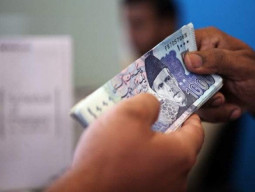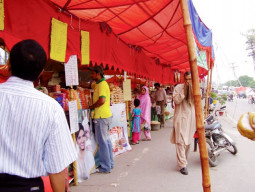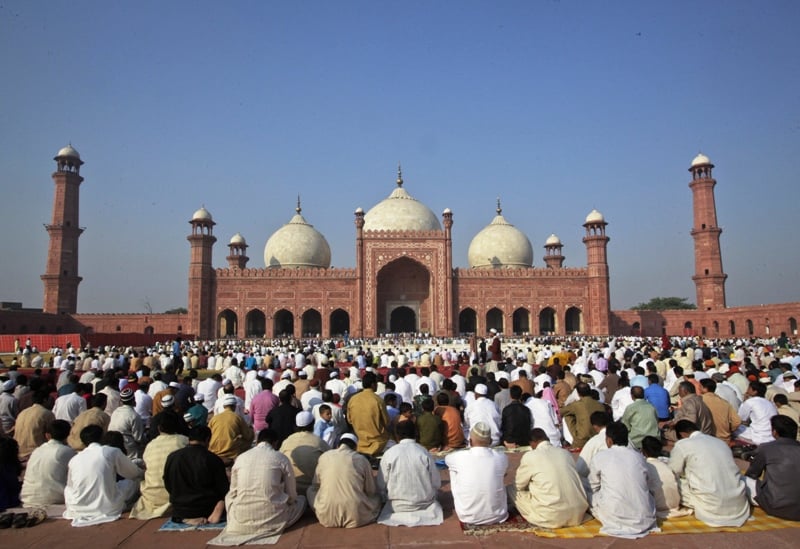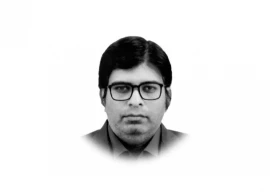
The Pakistan Medical Association (PMA) held a lecture titled, “Diabetes and Ramazan” at PMA house on Thursday for doctors and general practitioners to inform them how to treat diabetic patients so that there are no medical complications for those who want to fast.
Eating one date at iftari is more than enough, said Dr Khurrum Shahid, a consultant in diabetes and endocrinology. “Any diabetic patient can fast during Ramazan if they take care of their diet, unless the diabetes is at a very high level,” he said. Doctors should use the 3 D’s approach that includes drug regimen adjustment, diet control and daily activity.
Since dietary patterns change during Ramazan, the drugs prescribed to patients must also change accordingly, he said, emphasising that patients must control their diet. Routine exercise and daily chores have no effect on blood-sugar levels and can be carried out as usual, he clarified.
Risks associated with fasting
According to Dr Shahid, the risks associated with fasting are hypoglycemia (low sugar level), hyperglycemia ( high sugar level), ketoacidosis (coma) and dehydration that may lead to the complications for the patients but there are checks and measures that they can take to avoid such a situation.
Dietary recommendations
Diabetic patients must increase their fluid intake, avoid food that is rich in fats and complex carbohydrates, such as sweets, juices and fried food, said Dr Shahid. He suggested that patients take simple carbohydrates, such as chappatis, bread and milk with cereal, at sehri time and have their sehri as late as possible.
“Chappati is the best form of food for diabetic patients,” said another doctor at the seminar. “It is also believed that a cup of any fruit and grilled samosas are also not very harmful for those who really want the flavour of Ramazan,” he added.
Breaking the fast
While some patients believed that it will be against their religion if they break their fast before iftari, it is sometimes a medical requirement, said the speakers at the lecture.
“The doctors must inform their patients that they might need to break the fast before time and not avoid the topic,” said a doctor. “Patients should break their fast if the blood glucose is less than 60 milligrammes per decilitre (mg/dl), if the sugar is less than 70mg/dl in the first few hours after sehri or if the blood sugar level is greater than 300mg/dl at any time,” he said.
Fasting is, however, inadvisable for pregnant women and mothers who are feeding their children as the baby acquires nutrition through the mother, said Dr Samreena Hashmi, former general-secretary PMA.
Published in The Express Tribune, July 30th, 2010.























COMMENTS
Comments are moderated and generally will be posted if they are on-topic and not abusive.
For more information, please see our Comments FAQ